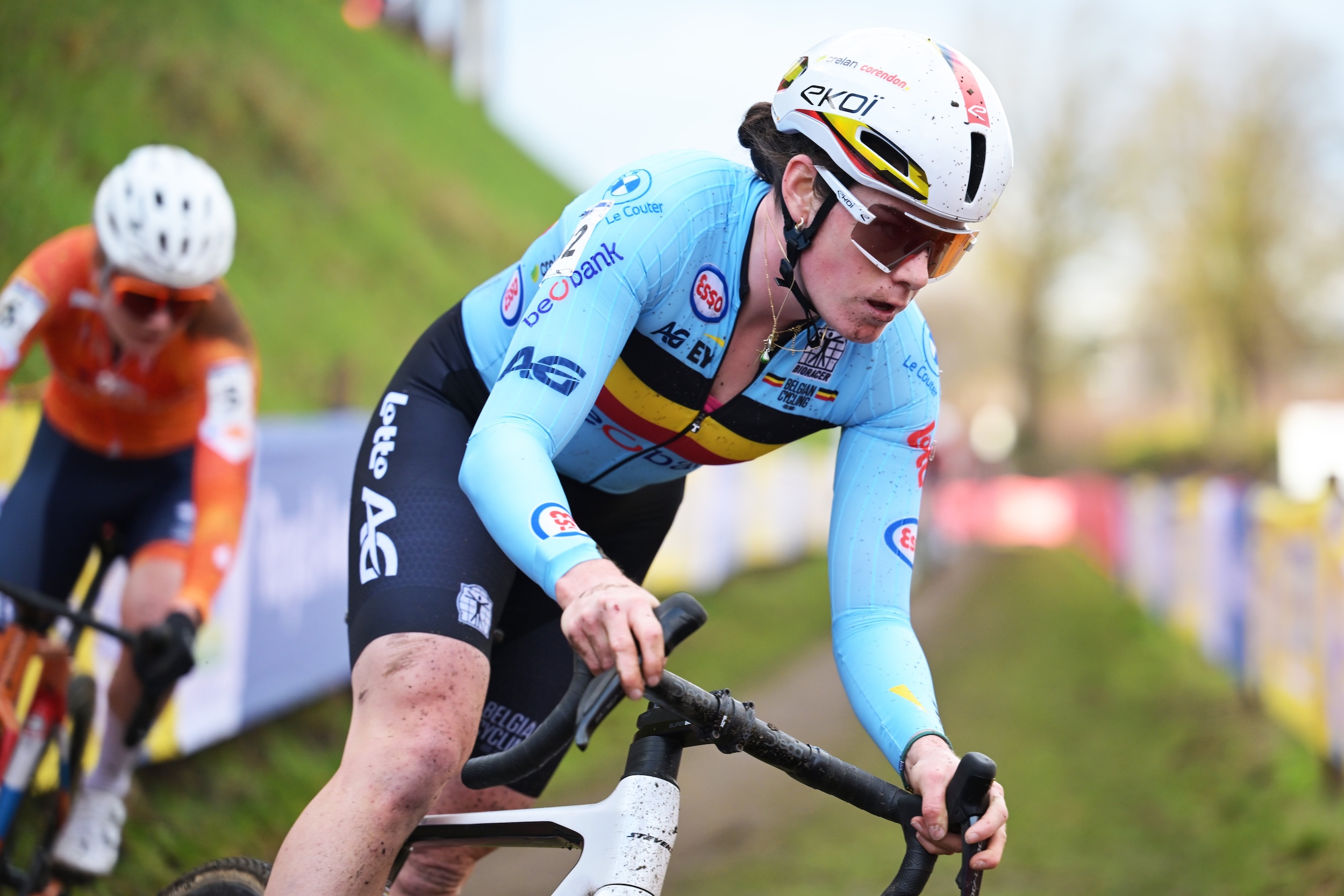Is soccer learning lessons from cycling?
England's soccer players will be next to join the ranks of those who have to report their...
England's soccer players will be next to join the ranks of those who have to report their "whereabouts" and make themselves available for out of competition doping controls, just like their fellow athletes on bicycles.
Around 30 athletes, drawn from at least 15 teams ranging from seniors to youth-teams, will be tested a minimum of five times a year, both after matches and out-of-competition. They will be required to inform UK Sport for Drug-Free Sport of their whereabouts for at least one hour a day.
They will also have to specify their residential address and can be visited for tests outside the specified hour. In that case, not being reachable may not count as a missed test.
Russell Langley, Head of the press at UK Sport for Drug-Free Sport, told Cyclingnews about the development of the programme. "The selection process of those 30 football players is still being determined and it will probably be another couple of months." The limit to 30 athletes is to make it equal to other sports in other countries, according to Langley. UK Sports wanted to keep the programme manageable. It has also worked together with FIFA, the international football association, to bring in a comprehensive programme consistent with other countries.
Langley said that cycling was not the only role model for the reporting system. "We looked at a number of sports that have a whereabouts system in place." He also emphasised that football wasn't singled out by UK Sports. "It has the potential [of doping]. We are trying to protect football, but also other sports."
Langley felt no need to put additional measures on British cycling for the moment. "British cycling has a strong [anti-doping] programme. There are 400 test a year carried out on British cyclists and there is a strong emphasis on education." Langley was specifically referring to the 100% ME team, which centres around a strong education programme for a clean sport. The 100% ME team is comprised of multiple sports, not just cycling.
Langley described the 100% ME programme as sending a strong message to the young riders early on. "There are regular education sessions. The younger athletes are taught that they don't have to take drugs, but need the right mind set."
The latest race content, interviews, features, reviews and expert buying guides, direct to your inbox!
Langley wasn't sure if the third-party testing, like Garmin, Columbia and CSC are doing, would be a general concept. "We will have to look at the need of each sport. Doping never stands still." Langley thought the latter was the real challenge, as there would always be people trying to get ahead.
